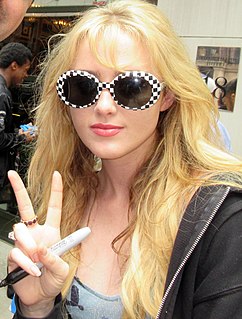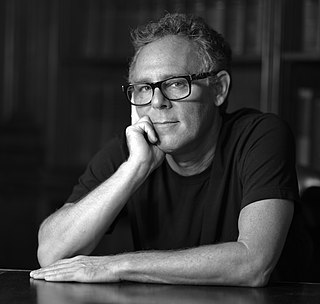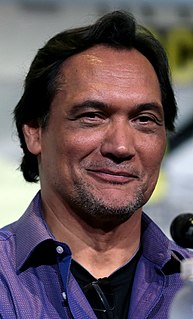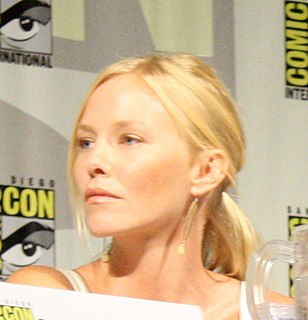A Quote by Slavoj Žižek
In Stalinism the tragedy is that its origin is some kind of radical emancipatory project. In the origins you had a kind of workers' uprising; the true enigma is how this project of emancipation went so wrong.
Related Quotes
Howard Zinn ran what is called the Zinn Education Project. It is a radical, radical bunch of insane lunatic leftists. And there is a project at the Zinn Educational Project: A People's History of Muslims in the United States - What School Textbooks and the Media Miss. And this program is teaching your high school student, juror junior high or middle school student.
I try to just be open to what the next experience is and how it makes me feel, just reading a project, or trying to get involved with a project, or thinking about a project, and what particular emotional flavor that brings. To me, it's never really about planning the next thing, or the career arc. It's about investigating how I feel, from project to project, and finding things that I haven't explored and what that would be like.








































